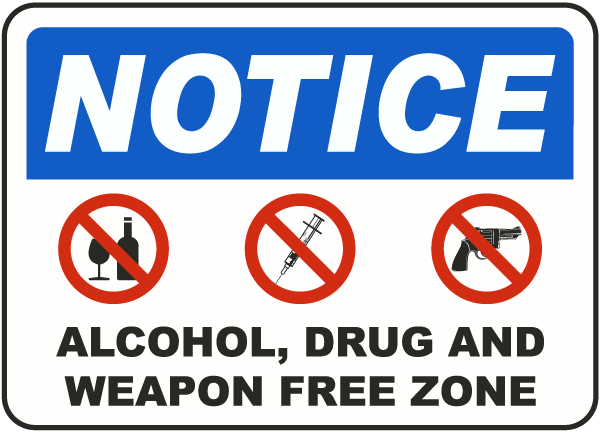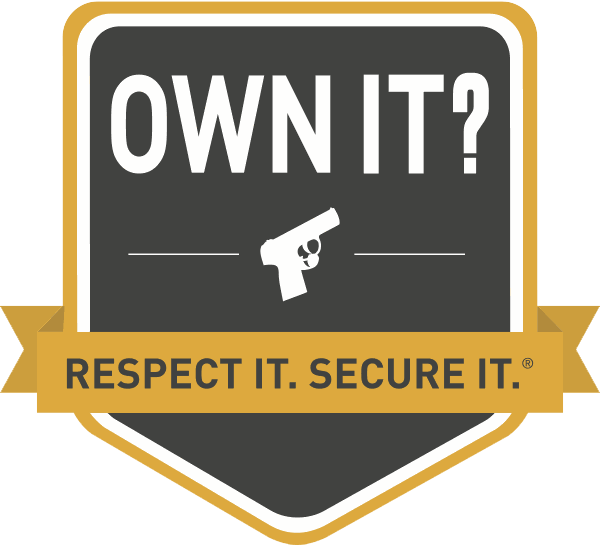
Our articles typically focus on the impact of drugs and alcohol on workplace safety. Because June is “Gun Violence Awareness Month,” we thought we would take a slight detour and write about the intersection of alcohol and drug use, misuse and abuse, and gun violence. According to the Centers for Disease Control (CDC) in 2021, there were 48,830 gun-related deaths, and 54% (26,328) of those were suicides, while 20,966 were homicides and 549 accidental deaths. These numbers are the highest in both categories since the early 1990s. Can we discern how often the use, misuse, or abuse of alcohol and drugs played a role in these deaths?
How does alcohol use or abuse impact gun violence? We know that alcohol, a central nervous system depressant, reduces inhibitions and increases impulsiveness; at the same time, it impairs judgment. Self-medication with alcohol is a common and tragically unhealthy practice for those suffering from various mental health conditions. A May 2023 report by the Johns Hopkins Bloomberg School of Public Health had three key findings. The report says that just over 30 percent of victims and a similar number of perpetrators of homicide using a gun had been drinking heavily just before the fatal event. The report says that one-fourth of those who died by suicide using a firearm had been drinking heavily before their death. Clearly, alcohol use combined with gun availability represents an avoidable safety threat.
The association between gun violence and drugs is more complex because it involves drug use, misuse, or abuse and the potentially violent world surrounding illicit drug distribution and sale. The illegal drug trade often relies upon firearms to establish territories, intimidate rivals and competitors, and settle disputes that may emerge between the seller and the buyer over the price and quality of the “products.” Indirectly related to drug use or addiction is the violent crime an addicted person might commit to obtain the resources to ensure a steady supply of drugs. Drugs also impair judgment and coordination, increase impulsivity, and heighten levels of aggression, all of which can contribute to poor decision-making where a gun is involved, particularly when there is a co-occurring mental health concern.

Call to Action
Do not use alcohol, over-the-counter drugs, or prescription drugs that impair reasoning, judgment, or timing before or while handling a gun or shooting.
If you or someone you care about is thinking about suicide, call or text the Suicide & Crisis Lifeline 24/7 at 988
If you have access to an Employee or Member Assistance Program (EAP/MAP), ensure that everyone in your family knows about the services available through the assistance program and how to access those services. Individual family members can contact the EAP/MAP when a loved one is in crisis for help, guidance, and supporting a family member.
If you have a weapon in your home, seek education and training on its safe storage and handling. Training is available through the National Rifle Association (NRA), community organizations, and businesses.
